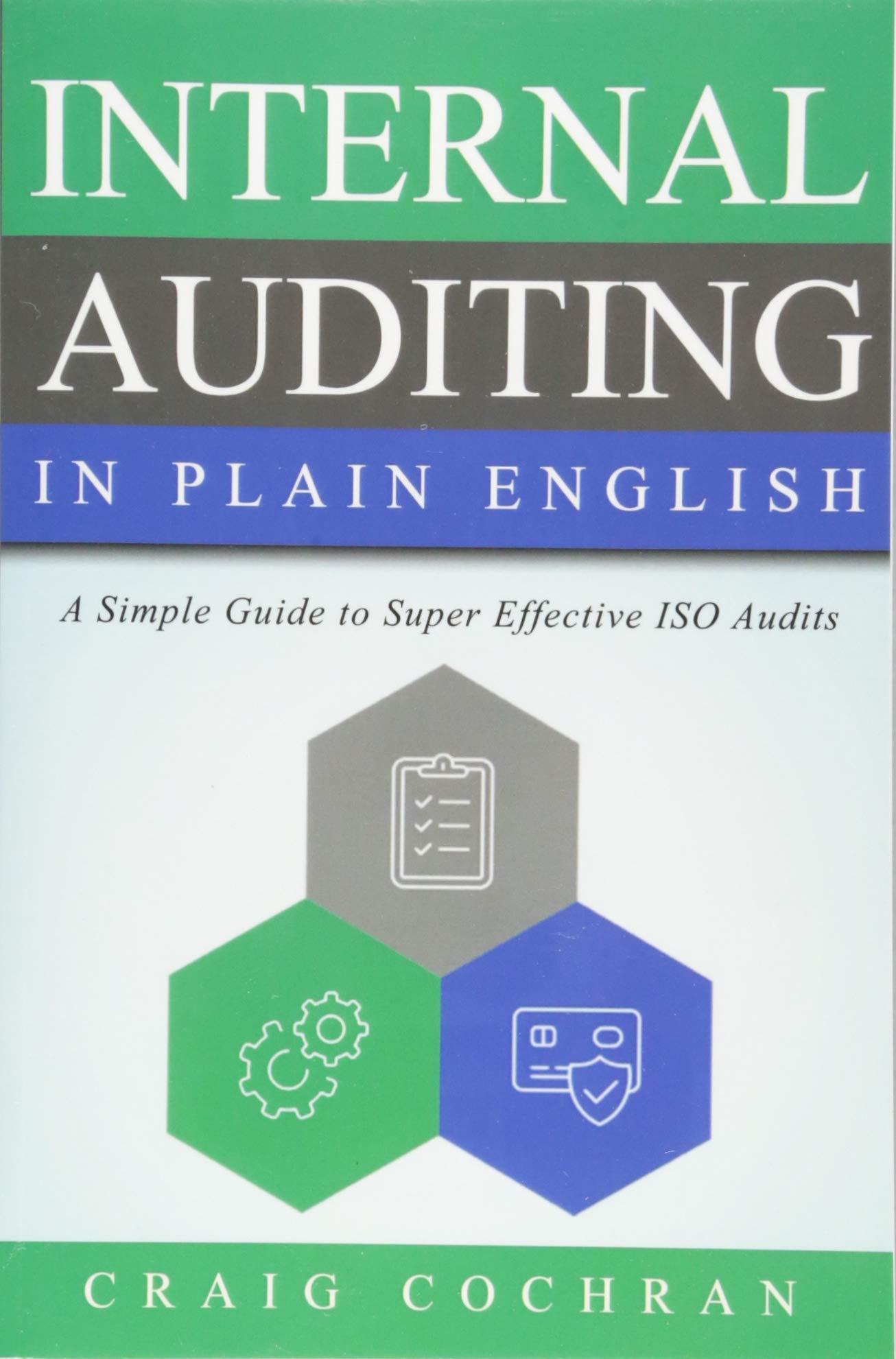

IF to gain globa accep- tantially converge their standards with single set of high-quality global standards. Today, it's widely believdath ntion to improving the quality of its standards and the efficiency of the xceptions to the global shift toward IFRS adoption; ke ust a handful of years ago, the IFRS Foundation's mission was gaining global acceptance and therefor tan oundation has substantially achieved its initial mission of can now turn its attenti t serves. There are a few notable e FRS n the whole, the two sets of standards are very similar, thanks in part to a long-running focus onvergence, which notably included issuance of revenue recognition guidance in 2014. Hou ited States. It's currently unclear whether the United States will ever aopt IED ever, it's now a widely held belief that the era of convergence is ending. Later in this cha we ll take a closer look at the relationship between U.S. GAAP and IFRS A Brief History of International Standards the past, the applicable financial reporting framework for each country generally was estab- ts national standard setter, each issuing unique accounting standards. For example lished b Japanese companies relied primarily on standards of the Accounting Standards Board of Japa and Canadian an companies relied primarily on the Canadian Accounting Standards Board the formation of e slow shift toward global accounting standards began in 1973, with the International Accounting Standards Committee (IASC). With a goal of harmonizing global accounting standards, the IASC issued standards that were largely viewed as "voluntary adjuncts" to the use of national standards.2 However, the IASC's standards took on a new momentum in June 2000, when the Euro pean Commission announced its plans to require listed companies in the European Union (EU) to adopt international accounting standards by 2005. At that time, "no other country or countries in the developed world had yet announced a commitment to the IASC's standards. In 2001, the IASC was replaced by the International Accounting Standards Board (IASB) the 15 or so years since its formation, the IASB has seen the use of its standards go from (over) 100," and the key catalyst for this global acceptance was the EU's commitment to adopting these standards The growth in acceptance of the IASB has not, however, replaced the need for national standard setters. The IASB continues to collaborate with national standard setters, and, in some cases, countries adopting IFRS require their national standard setter to endorse each new IFRS fore it is accepted for use in the country. This endorsement process can, at times, result in ountry-specific variations of IFRS -referred to as jurisdictional IFRS (such as "IFRS as adopted by the EU") or in carve-outs of guidance that a country chooses not to adopt. Such vari ations can be mi process also can result in delays in a country's implementation of risdictional variations of IFRS run counter to the IASB's prior mission of creating a sing f high-quality global accounting standards nor or can result in significant differences across standards. The endorsement ssued IFRS guidance newly i for "31 translations" and "more than 100 countries" statistics: 2014 Annual Report of the IFRS Foundation 0 and 2 Source 2 7eff Stephen A. "The Evolution of the IASC into the IASB, and the Challenges it Faces." Published in The view of the American Accounting Association. Vol. 87, No ccounti Zeff, Page 82








